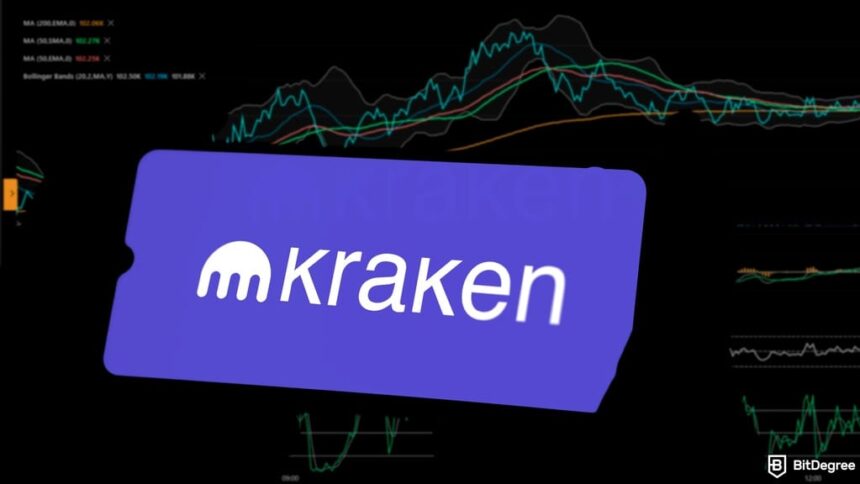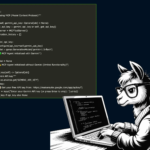$389.08M
has stopped accepting Monero
The crypto exchange explained on August 15, “As a security precaution, we have paused Monero deposits after detecting that a single mining pool has gained more than 50% of the network’s total hashing power. This concentration of mining power poses a potential risk to network integrity”.
Qubic, a project focused on AI and blockchain, stated on August 11 that it had reached a majority share of Monero’s hashrate. The group also said it had changed six blocks on the chain, though members of the Monero community questioned whether this counted as an actual attack.

Did you know?
Subscribe – We publish new crypto explainer videos every week!
Is Cryptocurrency a Good Investment? (5 PROS & CONS!)

At one point, however, the pool slipped to the seventh-largest miner. On August 4, Qubic suffered a denial-of-service attack (DDoS), where servers are overloaded with fake traffic so real connections cannot get through.
This caused its hashrate to drop from 2.6 gigahashes per second to 0.8 GH/s, according to Sergey Ivancheglo, who said he was behind the 51% attack.
Despite these issues, Qubic’s pool regained strength and eventually controlled most of the Monero network’s computing power once again.
A 51% attack is a situation where one miner or pool has enough power to change recent transactions or even spend the same coins more than once. This undermines trust in the blockchain until control shifts back to a more balanced state.
On August 14, BtcTurk paused cryptocurrency withdrawals after detecting suspicious transactions in its hot wallets. How did the incident happen? Read the full story.











